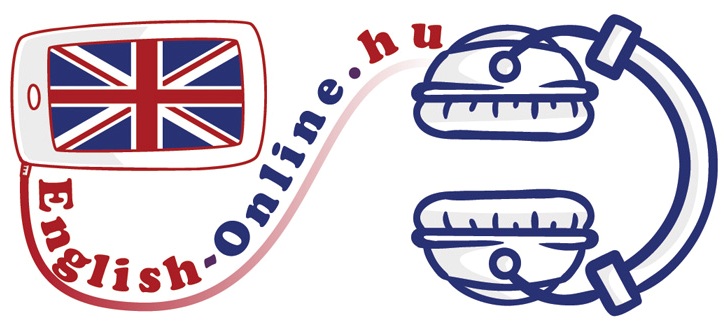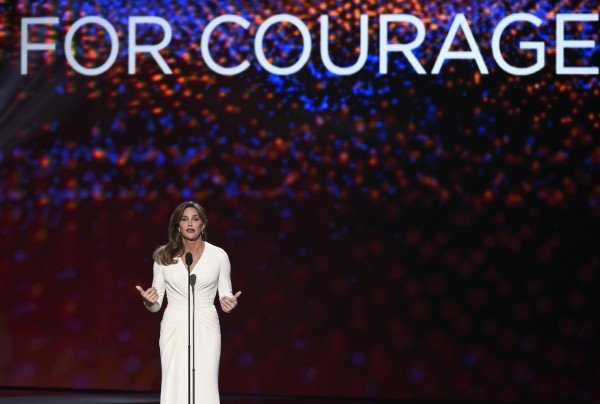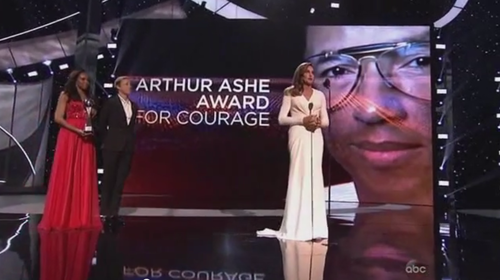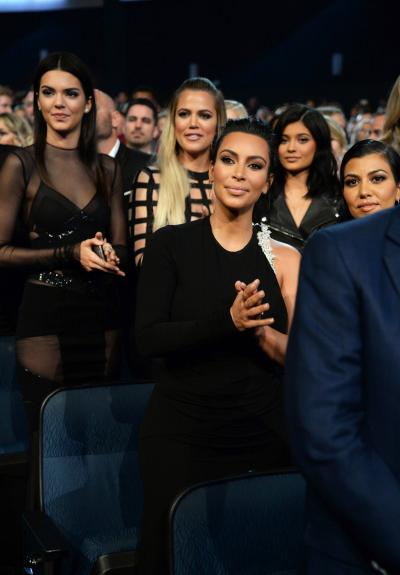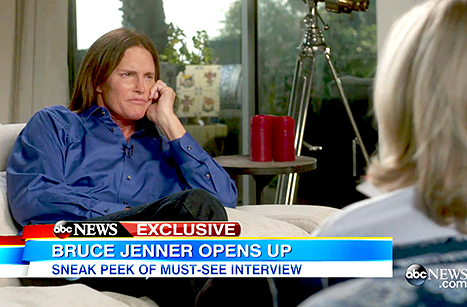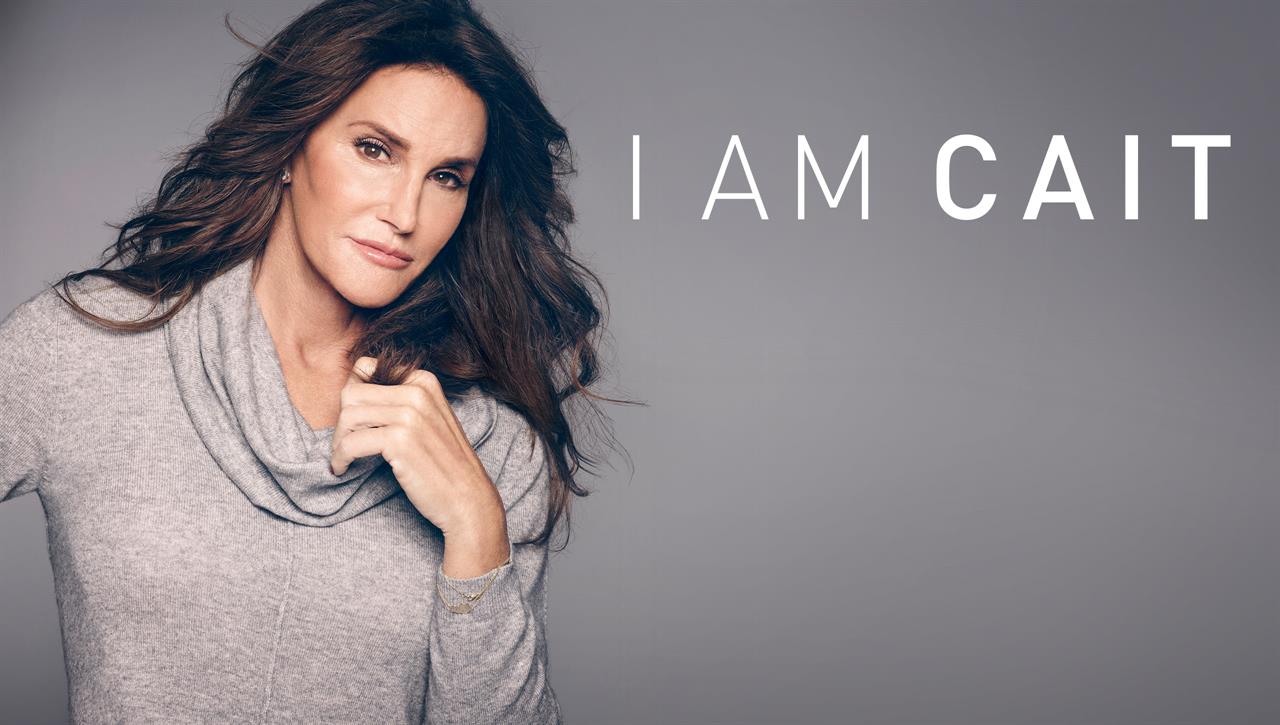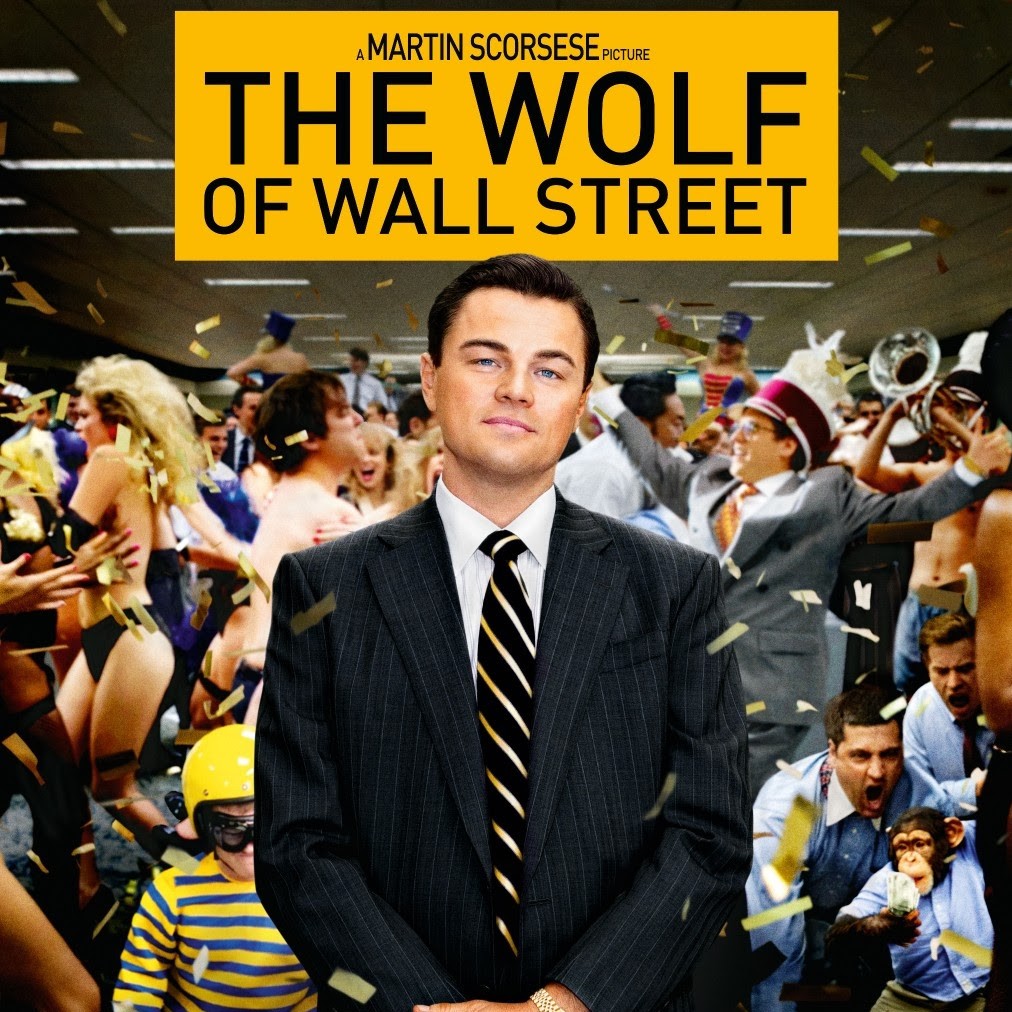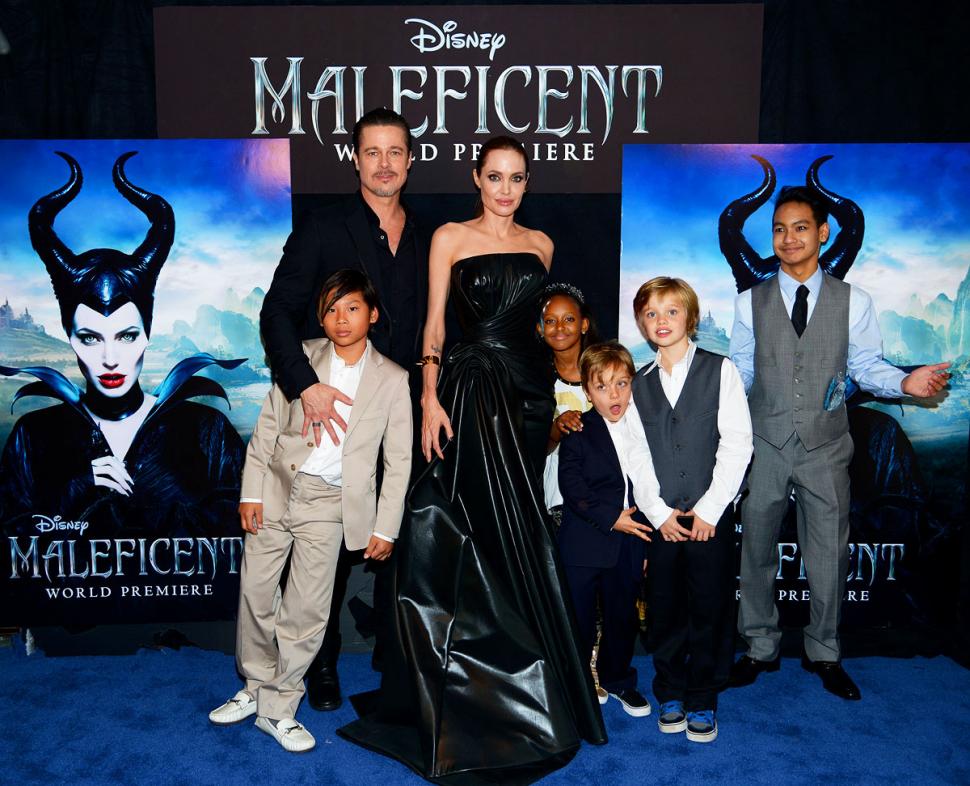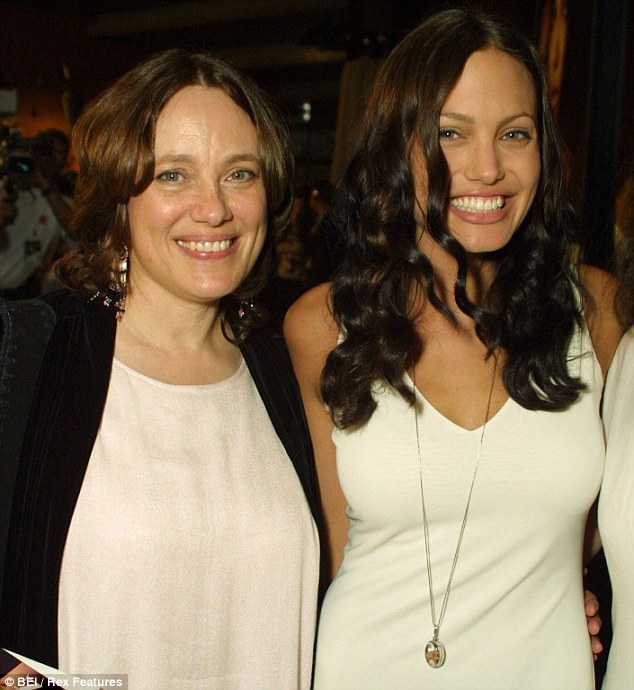How did the idea for SON OF SAUL come to you?When we were
making A londoni férfi (The Man from London), in Bastia, the
shoot was interrupted for a week and in a bookstore I found a book of
eyewitness accounts published by the
Shoah Memorial called Des Voix sous la cendre (Voices from beneath the
Ashes), also known as “The
scrolls of Auschwitz.” It’s a book of texts written by former
Sonderkommando members from the
extermination camps who had
buried and hidden their written
testimonies before the
rebellion in 1944. The actual documents were found years later. They describe their daily tasks, how the work was organized, the rules by which the camp was run and
Jews exterminated, as well as how they put together a certain form of
resistance.
What was the Sonderkommando? What did its members do?They were
prisoners chosen by the SS to escort new transports of prisoners to the
gas chamber buildings, to get them to
undress, reassure them and lead them into the gas chambers. After, they would
remove and
burn the
corpses all the while cleaning the space. And it all had to be accomplished very quickly because other
prisoner convoys were already on the way. Auschwitz-Birkenau functioned like a
factory producing and
eliminating corpses
on an industrial scale. In the summer of 1944, it was running at full capacity: historians estimate that several thousand Jews
were assassinated there every day. During the course of their mission, the Sonderkommandos were given a relatively
preferential treatment. They
were allowed to take food found in the
transports and, within the confines of their perimeter, have a relative
freedom of movement. But the task they were assigned was grueling and they were regularly eliminated every three or four months by the SS in order to ensure that there were no
witnesses to the extermination.
Was your family affected by the Shoah?A part of my family was assassinated in Auschwitz. It was something we talked about every day. When I was little, I had the impression that “
evil had been done.” I imagined it like a black hole burrowed within us; something had broken, and my inability to grasp exactly what it was kept me isolated. I didn’t understand for many years. Then, the time came for me to reconnect with that specific part of my family’s history.
Why did you choose to use the Sonderkommando accounts?I have always found
movies about the camps frustrating. They attempt to build stories of
survival and
heroism, but in my mind they are in fact recreating a mythical conception of the past. The Sonderkommando accounts are on the contrary concrete, present and tangible. They precisely describe, in the here and now, the “normal” functioning of a
death factory, with its
organization, its
rules,
work cadences,
shifts,
hazards, and its maximum
productivity. In fact, the SS used the word “Stück “ (“parts”) when speaking about corpses. Corpses
were produced in that factory. These accounts allowed me to see it all through the eyes of
the extermination camps’ damned.
But how do you go about telling a story, a fictional story, from within the middle of a fully functioning extermination camp?
That was problematic, indeed. I didn’t want to make a hero of anyone; I didn’t want the survivor’s point of view, nor did I want to show all or even too much of this death factory. I just wanted an angle that would be specific, pared down, and to tell a story as simple and archaic as possible. I chose the viewpoint of a man, Saul Ausländer, a Hungarian Jew, member of the Sonderkommando, and I strictly upheld this position: I show what he sees, no more and no less. Yet it isn’t a “subjective stance,” because we see him as a character and I didn’t want to reduce the film to a purely visual approach. That would have been artificial. Aesthetics, any exercise in style or virtuosity needed to be avoided. Moreover, this man is the point of origin of a unique, obsessive and primitive story: he believes he has recognized his son among the gas chamber victims and is henceforth determined to save his body from the ovens, find a rabbi to say Kaddish and bury him. Everything he does is defined by this mission, which seems utterly pointless in the context of the hell on earth that is the extermination camp. The film concentrates on one point of view and one person’s line of action, which allows the character to come across other points of view and other actions. The camp, however, is perceived through the prism of Saul’s journey.
Much research and documentation must have gone into making this film, a veritable historian’s approach…
My co-screenwriter, Clara Royer, and I learned together. We read other eyewitness accounts, from Shlomo Venezia and Filip Müller, but also that of Miklós Nyiszli, a Hungarian Jewish doctor who was assigned to the crematoriums. Then of course there was Claude Lanzmann’s Shoah, in particular the Sonderkommando sequences, including the Abraham Bomba account, which remains a reference. Finally, we received the very helpful support of historianslike Gideon Greif, Philippe Mesnard and Zoltán Vági.
Did you forbid yourself anything?
I didn’t want to have to show the face of horror openly, or to recreate the atrocity by going into the gas chambers while people were dying. The film strictly follows Saul’s movements. So we stop at the door of the gas chamber and enter only after the extermination in order to remove the bodies and wash away any traces of what occurred there in preparation for the next group. These missing images are those of death; images that can’t be reconstructed, and shouldn’t be touched or manipulated. Because it is important for me to stay with Saul’s point of view, I only show what he sees; what he pays attention to. He’s been working in the crematorium for four months: as a protective reflex, he no longer notices the horror, and so I relegated the horror to the background, blurred or off screen. Saul only sees the object of his quest; this provides the film with its visual rhythm.
How did you film it?
The cinematographer, Mátyás Erdély, the production designer, László Rajk and I decided well before the shoot that we would stick to a sort of dogma: “the film cannot look beautiful,” “the film cannot look appealing,” “we cannot make a horror film,” “staying with Saul means not going beyond his own field of vision, hearing, and presence,” “the camera is his companion, it stays with him throughout this hell.” We also wanted to use traditional 35mm film and photochemical processing at every stage. It was the only way to maintain a certain instability in the images, and thus be able to film this world organically. The challenge was to strike an emotional chord in the audience – something that digital doesn’t allow for. All of this implied a lighting technique that was diffused, industrial and as simple as possible. It also required filming with the same lens, a 40mm, a restricted aspect ratio, and not something like scope which widens one’s field of vision. We had to always remain at the character’s eye level and stay with him.
Saul wears a jacket with a big red cross on the back…
Yes, it’s a target. The SS used it to make it easier to shoot men who tried to escape. For us, it was a visual target for the camera.
Did you have any other films in mind?
Idi i smotri (Come and see) by Elem Klimov (1985) was a great source of inspiration for me. The movie follows a boy in 1943 on the Eastern front and stays with him in an organic manner through his hellish adventures. But Klimov allowed himself far more baroque things than we did. In the movie’s first scene, everything is a blur and then a face suddenly appears - it is Saul’s. He appears out of nowhere. My first short film, With a Little Patience, starts like that as well. The audience, who sees him spring up, understands immediately that he’s the one they’ll be following throughout the film. We did a lot of work with the actors on their body language. Camp rules, and what is required for survival impose very specific body movements: to always look down, never look a SS in the eye; to walk taking small, regular, but swift steps; take off your hat to salute and don’t talk or, if you must, answer clearly, in German.
We quickly understand that there are several contradictory dynamics at play in the camp: submission to the SS, solidarity among Sonderkommando members, but also tension, rivalry, and the organization of a resistance.
Naturally, several standpoints exist within this horror, ranging from renouncement to resistance. And there are several ways to resist. In the film, we witness an attempted rebellion, which in fact took place in 1944, the only armed revolt in the history of Auschwitz. As for Saul, he chooses another form of revolt, which may seem irrelevant in this context. In following his personal quest, Saul is led to navigate between these different behaviors: recovering the boy’s body takes him to the autopsy rooms where he finds the doctors and anatomists. Looking for a rabbi brings him to come across other Sonderkommando groups and convoys of Jews headed for death. Circulating through the camp eventually leads him to take the same path as the resistance members. He sees all of this in snatches, and the audience too must try and understand by piecing together the fragments. No one has all the elements in hand; everyone has fragments with which they attempt to construct their vision of the whole.
At some point, Saul comes across members of the resistance who are trying to photograph the extermination process.
Something that was strictly forbidden by the SS, of course. In Birkenau, the Polish resistance was able to get one or a few cameras to the Sonderkommando in order to document the extermination. At unbelievably great risk, they were able to take a photograph just before the doors to a gas chamber were closed and then immediately afterwards: naked women approaching the shot; then their piled-up corpses, which were taken outside and burned right there on the ground.
And the four photographs shown during the Mémoire des camps [Memoir of the camps] exhibition, in 2001, four “images despite it all”? (A reference to the book by the art historian and philosopher Georges-Didi Huberman.)
These four photographs deeply affected me. They attest to the extermination, they constitute evidence, and ask essential questions. What should be done with an image? What can it represent? What viewpoint should we have when faced with death and barbarity? We integrated this moment into the heart of the film, as it corresponds to a segment of Saul’s journey through the camp when suddenly, just for a moment, he participates in the construction of our view of the extermination. And also, because of the representation of the image within itself, we are, at that point and only then, questioning the very status of representation.
Sound plays an important role in the film.
The sound designer, Tamás Zányi, who has worked on all my films, and I decided to work on a sound that was very simple, raw and yet quite complex and multidimensional. One has to be aware of the very particular sound atmosphere of these hellish factories. The multiplicity of tasks being accomplished, shouted orders, screams, and many languages were all intermingling: the German of the SS, the multiple languages spoken by the prisoners, among which was Yiddish, and those spoken by the victims who came from all over Europe. Sound can superimpose over the image, at times even taking its place, because some images are missing and rightfully so. I would compare it to diverse and sometimes contradictory layers of sound. And all this sound material needed to remain raw. It was important not to re-produce it or polish it.
Who is the person who plays Saul?
Géza Röhrig isn’t an actor, but a Hungarian writer and poet who lives in New York. I met him several years ago. He came to mind for the role probably because he is someone who is in constant motion, his facial features and his body are always changing. It is impossible to tell his age, for he is at once old and young, but also handsome and ugly; ordinary and remarkable, deep and impassive, quick-witted and slow. He moves, is given to fidgeting, but also knows how to keep silent and still. This character and your film endeavor to contrast a death ceremony and the death factory, rites and machinery, prayer and noise. When there is no longer any hope, from the deepest part of this hell, Saul’s inner voice says to him: you must survive in order to accomplish an act that bears meaning, a human, age-old, sacred meaning; a meaningful act that is at the very origin of the community of mankind and religions: paying respect to the body of the dead.
Interview by Antoine de Baecque
Reading Comprehension Task:
After reading the interview mark the sentences TRUE or FALSE.
1. A Sonderkommando's job involved burning dead bodies.
2. The director of the movie Son of Saul was inspired by family events.
3. Mr Nemes was frustrated because Holocaust movies had never had a happy ending.
4. Sonderkommandos used the word Stück for SS officers.
5. Son of Saul tells a story from a single point of view.
6. Saul thinks one of the corpses is a deceased family member.
7. The screenwriters had interviewed survivors of the extermination camps before they started shooting.
8. The movie contains a lot of disturbing scenes in the gas chambers.
9. The crew wished to shoot a film as real as possible without the improvement of pictures or sound.
10. Géza Röhrig was selected for the role because he is extremely versatile.

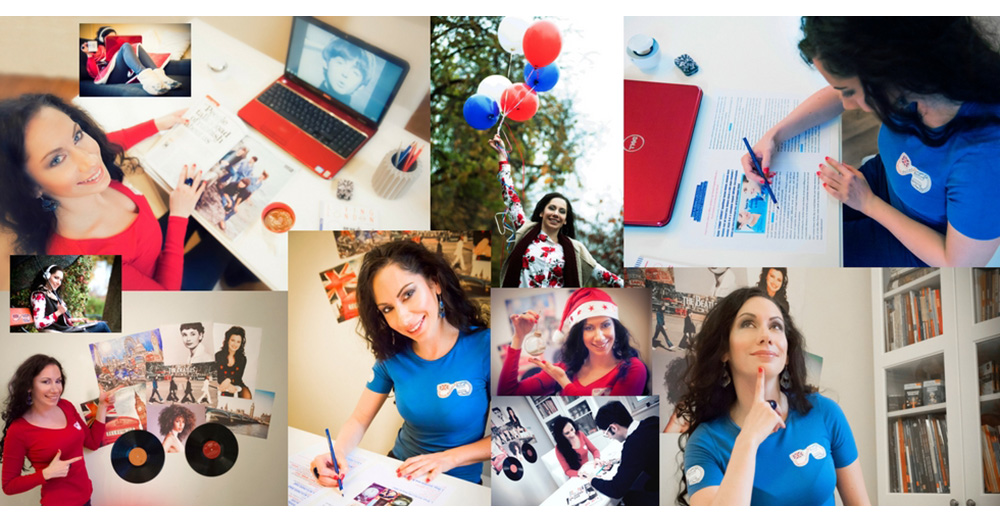


 nyelvoktató csatornámra!
nyelvoktató csatornámra!